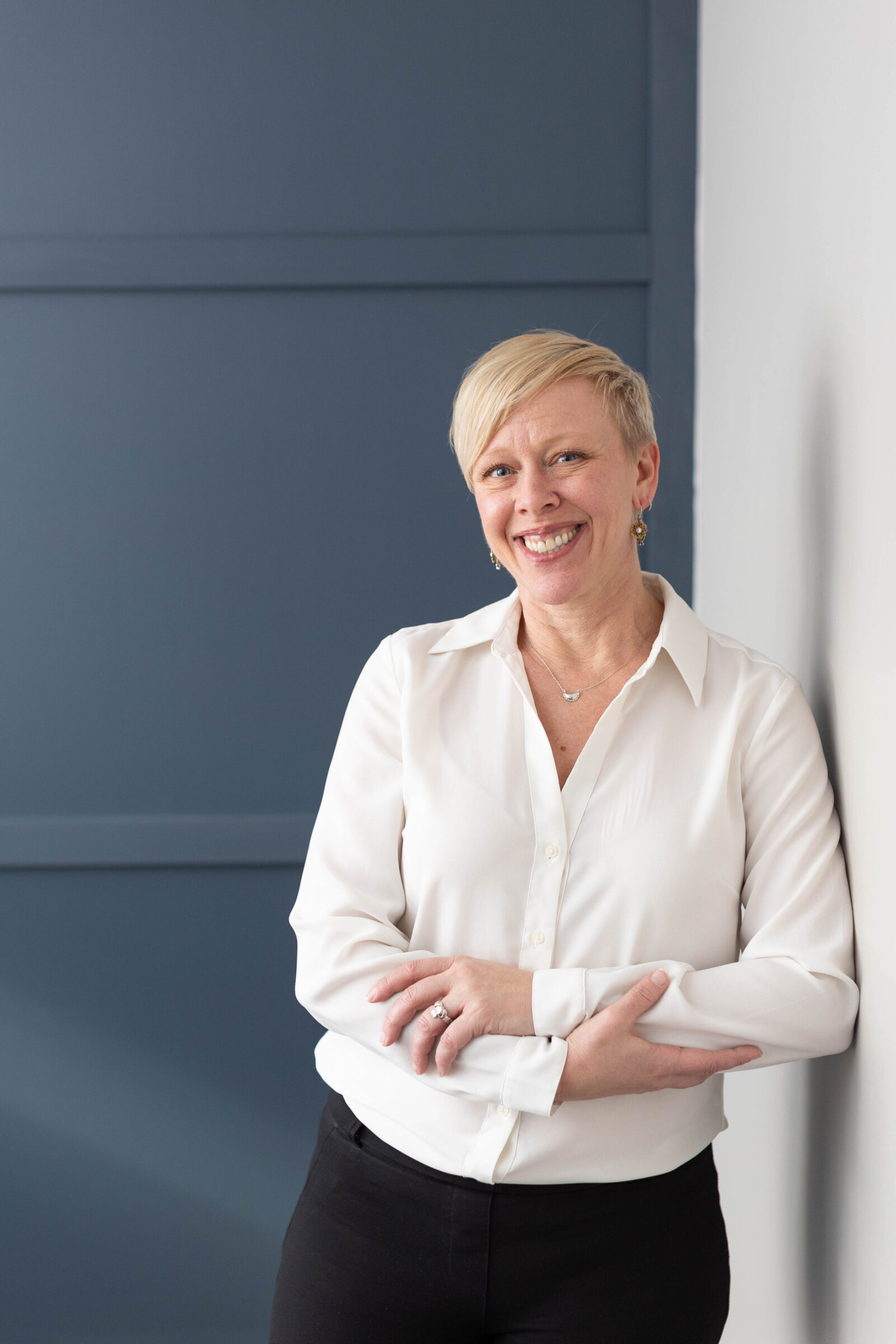Life can be complicated, and keeping track of important documents shouldn’t add to the stress. Whether you’re navigating a major life transition like widowhood, blending families, or managing everyday responsibilities, having a personal document locator can make a world of difference. Not only does it provide confidence, but it ensures that all critical documents are easily accessible when you need them most.
In this blog, I’ll walk you through the process of using a personal document locator effectively, and how it can help you stay organized, reduce stress, and be prepared for whatever life throws your way.
What is a Personal Document Locator?
A personal document locator is a tool designed to help you store, track, and access important personal, legal, and financial documents. From birth certificates to insurance policies, having these documents in one easily accessible place can save you a lot of time and trouble during times of transition or crisis.
Think of it as a personal inventory for all the vital documents that define your financial, legal, and personal life. It can be stored physically in a binder or digitally on your computer or cloud-based service, depending on your preference.
Why You Need a Personal Document Locator
Having a personal document locator ensures you have the documents you need when you need them. Here are some key reasons why it’s essential:
- Preparedness: If an emergency arises, you won’t have to scramble to find key documents. This is especially important during life transitions like marriage, divorce, widowhood, or even moving to a new home.
- Time-Saving: No more sifting through piles of paper or searching through old filing cabinets. Everything is in one place, clearly labeled and easy to access.
- Confidence: Life transitions can be emotionally taxing, and the last thing you want to worry about is finding your will or life insurance policy. A personal document locator provides the assurance that these crucial items are accounted for and easy to locate.
- Family Support: If something happens to you, your family will know where to find your documents and can handle things more smoothly in a difficult time.
How to Use a Personal Document Locator
Using a personal document locator is simple and can be done in just a few easy steps. Here’s how you can get started:
- Gather Your Documents: Start by collecting all the important documents you need to store. These could include:
- Legal documents (will, power of attorney, trust)
- Financial documents (bank accounts, retirement accounts, insurance policies)
- Health records (insurance cards, medical history, prescriptions)
- Personal identification (birth certificates, social security numbers, passports)
- Property-related documents (deeds, car titles, lease agreements)
- Categorize Your Documents: Once you’ve gathered your documents, categorize them into sections for easy reference. You can create physical dividers for paper-based systems or use digital folders if you prefer a digital format.
- Create a Document Locator System: Whether physical or digital, organize your documents in a way that makes sense to you. For physical files, label each section clearly and store them in a safe, easily accessible place (like a filing cabinet, safe, or drawer). If you are using a digital system, consider using cloud storage services like Google Drive or Dropbox, where you can store documents securely and access them from anywhere.
- Keep Your Locator Updated: Make it a habit to update your personal document locator regularly. As life changes—such as marriage, divorce, or a new job—make sure new documents are added, and outdated ones are removed.
- Share Information with Trusted People: It’s important that at least one trusted family member, friend, or advisor knows where your document locator is and how to access it. You don’t want to leave your loved ones in the dark when the time comes.
Download Your Personal Document Locator
Ready to get organized? We’ve created a simple and comprehensive Personal Document Locator that you can download and start using today. This tool will guide you step-by-step through the process of organizing your important documents, ensuring that everything is in one place and easy to find when needed.
Click the link below to download your free copy of our Personal Document Locator:
Final Thoughts
By using a personal document locator, you’re not just staying organized—you’re also taking an important step in securing your future and protecting your loved ones. Life can be unpredictable, and when you’re ready for it, transitions feel a lot less overwhelming.
Take control today and start organizing your documents with the help of our Personal Document Locator. Trust me, the confidence it provides is worth the effort.
If you have any questions or need additional guidance, feel free to reach out. I’m here to help you with this important part of your journey.
Need further financial guidance?
Book a complimentary no obligation call and we can discuss a plan to help you move forward with confidence.
Donna understands first hand that life has many transitions. Having been widowed suddenly at age 40, reinventing her career, and blending her current family, she understands these unique needs and can give you clarity for moving forward!

Donna (Sephton) Kendrick, CFP®, CDFA®
This blog is designed to provide accurate and authoritative information on the subjects covered. It is not, however, intended to provide specific legal, tax, or other professional advice. For specific professional assistance, the services of an appropriate professional should be sought. A diversified portfolio does not assure a profit or protect against loss in a declining market.


Recent Comments